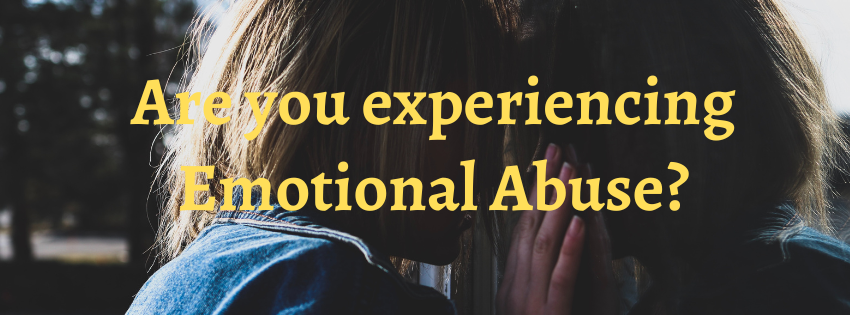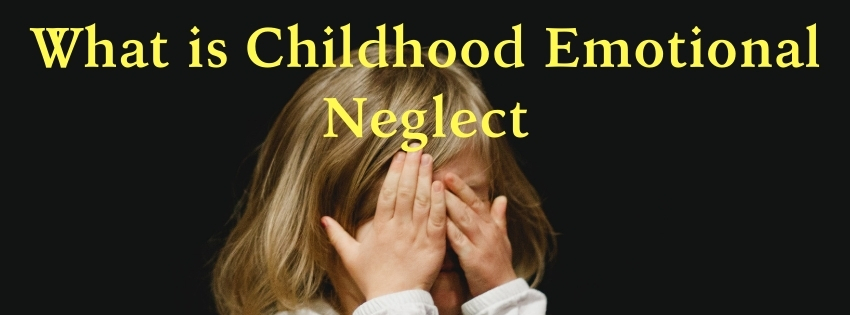Enmeshment describes family relationships, particularly between parents and children, that are intertwined in unhealthy ways.…

Are You Experiencing Emotional Abuse in Your Relationship?
Emotional abuse can have a profound impact on women and leave deep scars that last a lifetime. While it is often considered less serious than physical abuse, it can be just as damaging to a person’s mental health and well-being. Emotional abuse is any behaviour that is intended to control, manipulate, humiliate, intimidate or scare a person. Emotional abuse can be subtle and difficult to recognize, making it even more harmful to those who are experiencing it.
In my practice, women have often come across lists of abusive partner behaviours and they will compare them to what may be occurring in their relationship, trying to determine if they are being emotionally abused. This can become confusing as most partners rarely display all behaviours mentioned, or behaviours may vary significantly. In addition, emotionally abusive acts can be very subtle and will typically deflect blame onto the abused partner, making them harder to detect.
An alternative way to consider if you are subjected to emotional abuse in your relationship is to consider your own experiences rather than the behaviour of your partner. How do you feel in this relationship, how do you feel in the presence of your partner, and how do they make you feel about yourself? You should always trust your gut feelings, the way your body responds and your own emotional experiences as a compass to whether you are in a healthy or unhealthy relationship.
These are some common experiences that most women have when subjected to emotional abuse:
You are chronically self-doubting – Due to the covert and undermining nature of emotional abuse, over time you find your confidence eroding and doubt creeping in. When you are attempting to relate to someone that rarely listens, cares or feels for you, as well as regularly questions you, then you begin to question yourself too.
You find yourself constantly apologising – Coupled with self-doubt is the constant feeling that you have done something wrong or let your partner down somehow. It may seem like everything is always your fault or your partner is repeatedly telling you how you have been inconsiderate towards them or others. So you find yourself saying “I am sorry” all the time, in fact, more often than in any other relationship.
You frequently feel infantilised, patronised and/or treated like a child – While you may have a complex job and have dealt with many difficult situations in your life, your partner makes you feel as if you can’t be trusted with basic daily tasks or money. In disagreements they will resort to calling you too emotional/immature/dependent/insecure and will often override your decisions or simply not trust you to make such for the family. Overall, the message you are receiving is that you are not smart/intellectually equal to your partner.
You often feel confused in the relationship – Due to the inconsistent actions of your partner who seems to agree with you one day and then put you down the next, or display warmth unexpectedly only to withdraw and stop talking to you for days with no apparent reason, you are always preoccupied trying to make sense of your relationship. But here’s the thing – you can’t, as it has nothing to do with the normal ups and downs of a healthy relationship.
In conclusion, emotional abuse can have a profound impact and cause significant and increasing distress, as well as erosion to your sense of self. It is important to recognize the signs of emotional abuse and to seek help as soon as possible. Remember, you are not alone and you deserve to be treated with respect and dignity.



